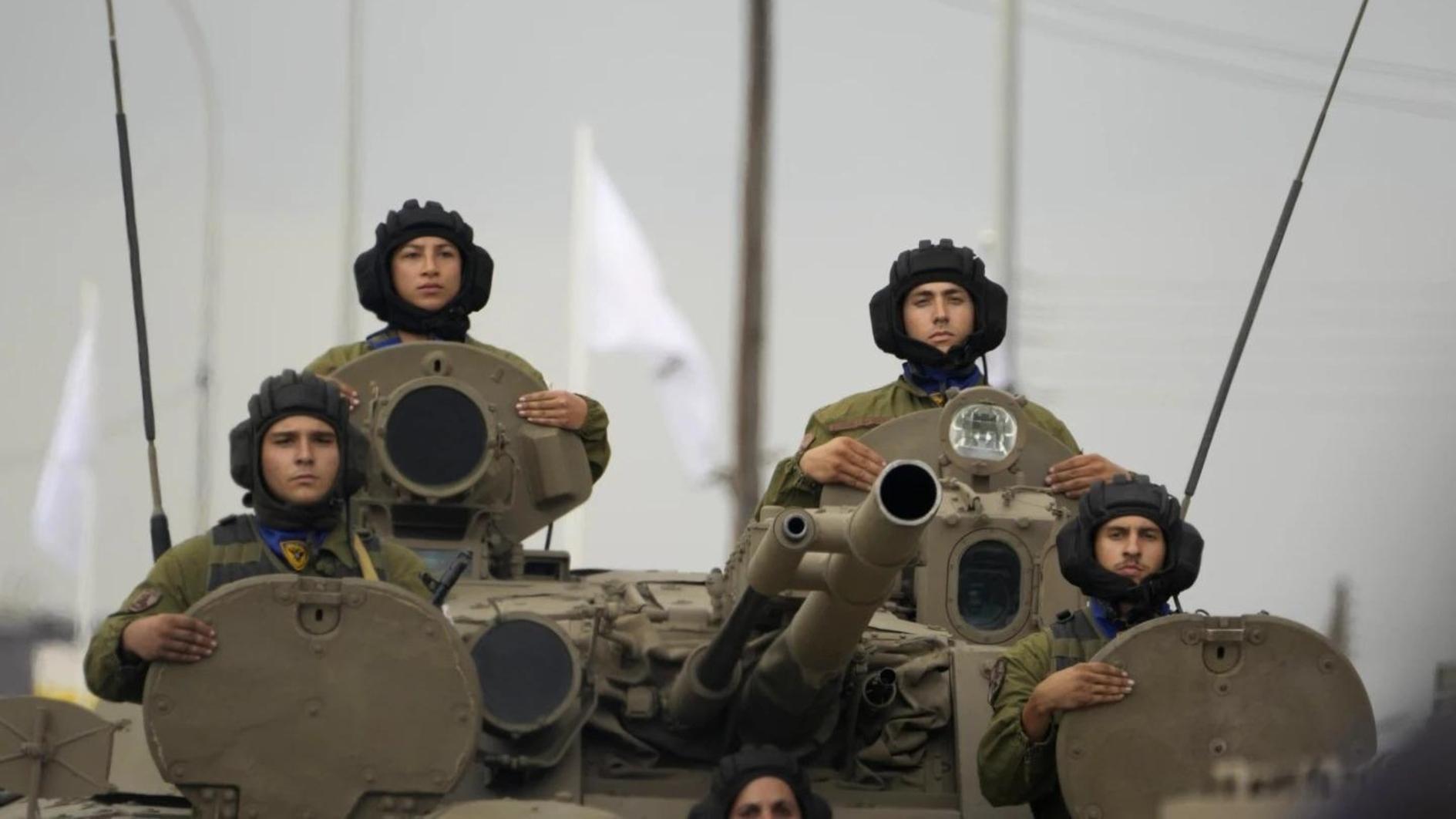Does Turkey have a bi-party or multi-party system?
Ünal Çeviköz
Election results in Turkey brought a hung parliament. It did not come as a surprise for many analysts and political scientists who anticipated such an outcome. As Turkey has been in a permanent state of elections since spring 2014 (local elections, presidential elections and now, parliamentary elections), it is probably not wise to talk about an early election at this stage. Turkey already suffers from “election fatigue” and a government has to be formed.Generally, parliamentary democracies change their single-party rule after three terms. This is more or less true in many European democracies. British politics, for example, is not unfamiliar with such a phenomenon. Three terms of governance is the saturation point for political parties, and referred to as “government fatigue.”
Turkey has had a multi-party system since, theoretically, 1946. It is the first time in Turkish republican history that a political party has come to the end of its uninterrupted three terms of election success without the intervention of non-political forces. The Justice and Development Party (AKP), from this point of view, has made history and must be commended. This does not change, however, the fact that the AKP faces the inevitable outcome of government fatigue. They have been unable to form a single-party government for a fourth time. Turkish electorate has favored the opposition with a support of approximately 55 percent.
Here comes the question: does Turkey have a bi-party system or a multi-party system? In the last 13 years of AKP governance, President Recep Tayyip Erdoğan has pumped permanent confrontation in Turkish society by overtly favoring a bi-party system. “You are either with us or against us” or the approach of “we and the others” are perhaps the most graphic manifestations of such an understanding. Eventually, the elections on June 7 had one single target: to prevent a single-party AKP government. This is what has happened and the electorate has sent a strong message: They do not favor, at least for the fourth term, a single-party AKP government. Normally, had it been in a regular bi-party system, it would have been the opposition’s turn to form a government after the elections when the ruling party failed to do so. In a parliamentary democracy like Turkey, particularly at a time when one thinks that the system is a multi-party one, this may appear to be difficult to apprehend. Yet, it is a necessity and it should be tried! Make no mistake: This is not to justify a “coalition” per se, but to emphasize the merit in the formation of an alternative government in opposition to the AKP. And there exist many reasons for such an alternative government.
First of all, it is obvious that the AKP does not want to form a coalition government with any of the parties among the “other.” Erdoğan has ridiculed coalition governments and he believes that they are the “malaise of parliamentary systems.” In fact, his theory of transforming Turkey into a presidential system is mainly based on this understanding. He sees a multi-party system as a serious handicap for his concept of a political system, if not of a political regime.
Secondly, if the opposition parties fail to grasp the message of the electorate and cannot form a government, then a possible early election could be disastrous for the same opposition because the people may not offer them this opportunity again. Many votes may shift back to their original roots and give a stronger mandate to the AKP. In such a case, all the opposition parties will be losers and they will have missed a serious chance.
Thirdly, the opposition has a mission to be realized: The country is facing economic difficulties. There is a need for the redistribution of income, nepotism and favoritism must be ended, a new understanding of job creation is necessary and education policies have to be revised.
Turkey faces a serious depreciation of its image in foreign policy, too. A redefined foreign policy by the opposition parties will give Turkey the opportunity to get rid of narrow, neo-Ottoman policies, gain a new momentum in relations with the European Union, develop a more humanitarian and egalitarian foreign policy in the Middle East and embrace, once again, the Turkic world in Central Asia, which has been grossly neglected in the last decade.
The opposition is not a coalition. It represents the mosaicked political reality and culture of our country which cannot be overlooked. With all due respect to the opposition parties’ different shades of colors in the political spectrum, Turkey needs to behave in the spirit of a bi-party system. It is now turn of the “other.”











